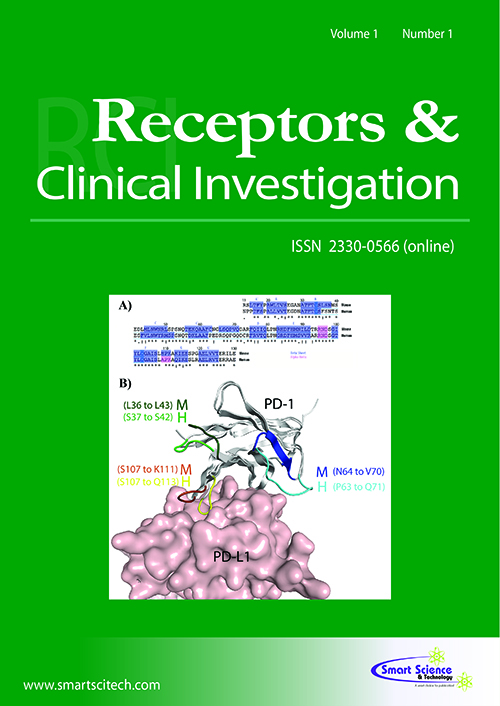Microbial DNA regulates intestinal homeostasis via the AIM2 inflammasome
Abstract
Absent in melanoma 2 (AIM2) is a cytosolic DNA sensor which upon activation assembles a multiprotein complex called the inflammasome. Previous studies have shown that several inflammasome-forming pattern recognition receptors exhibit a protective function against inflammatory bowel disease and colorectal cancer. However, the role of AIM2 in sensing intestinal microbial DNA and regulating inflammatory responses therein was unknown. In a recent study published in Cell Reports, we demonstrated that Aim2-/- mice are highly susceptible to experimental colitis which was associated with a defect in the inflammasome activation as indicated by reduced caspase-1 cleavage and decreased production of IL-1b and IL-18. We also studied the underlying mechanism of AIM2 inflammasome-mediated protection against intestinal injury and inflammation. We found that the inflammasome downstream cytokine IL-18 contributes to intestinal homeostasis via induction of antimicrobial peptides, such as Reg3b, Reg3g, Lcn2, S100A8, and S100A9 in intestinal epithelial cells. As a consequence of the defective production of antimicrobial peptides, Aim2-/- and other inflammasome-deficient mice harbor altered microbiota in the intestine as characterized by significantly higher burden of Escherichia coli. This research highlight will provide an overview of our findings and discuss how sensing of microbial DNA by AIM2 maintains intestinal homeostasis.










